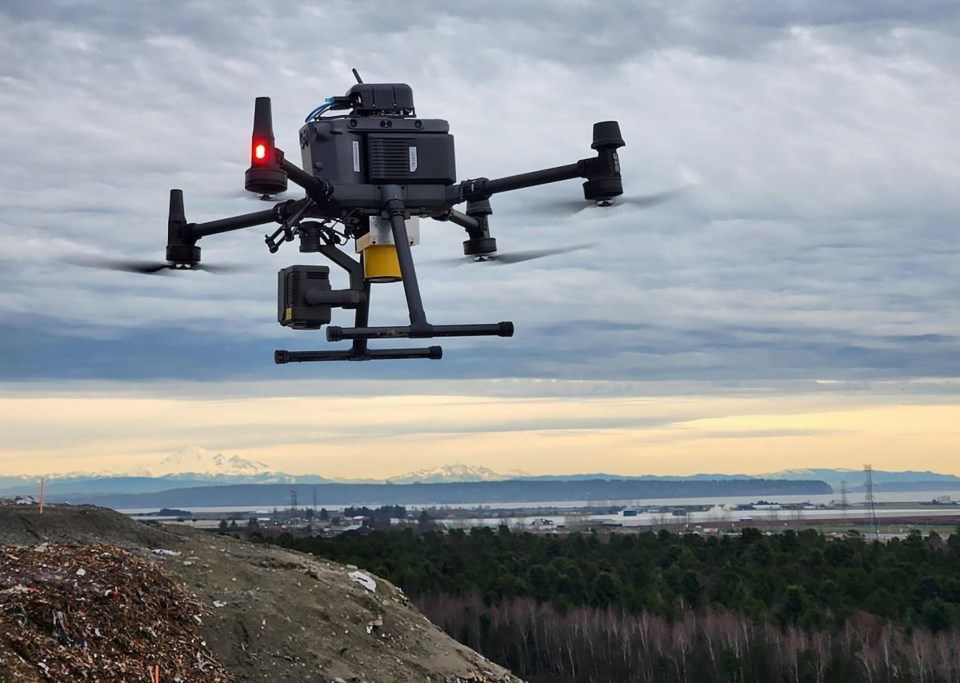KELOWNA, B.C. β Drones and robots will be put to work in the orchards of Kelowna this spring as part of a pilot project to promote what the equipment maker calls "precision farming."Β
The city is collaborating with B.C. company InDro Robotics to use its aerial drones and ground-roving industrial robots to patrol 80 hectares of apple, pear, and cherry trees to monitor fruit health and growth.Β
A statement from the city says the equipment will help farmers better manage their crops.Β
InDro Robotics CEO Philip Reece says in the statement that autonomous robots and drones can inspect crops and provide real-time data on plant health, soil moisture and infestations.Β
Reece says the pilot project will last two years, with funding from Agriculture and Agri-Food Canada.
Data gathered by the drones and robots will be stored by the city and is expected to help farmers increase yields and improve resiliency amid climate change, the statement says.
The selection of farms for the project is being co-ordinated with the Regional District of Central Okanagan.
"As we embrace the future of agriculture, we're not just introducing robots and drones β we're ushering in a new era of precision farming,β said Reece.
Mayor Tom Dyas said in the statement that agriculture played an important role in the city's economy, occupying more than 40 per cent of the city's lands, and was essential to the city's "cultural identity."
He said the city council was committed to supporting innovative ideas to help farmers better navigate changing conditions.
This report by The Canadian Press was first published March 6, 2024.Β
The Canadian Press




